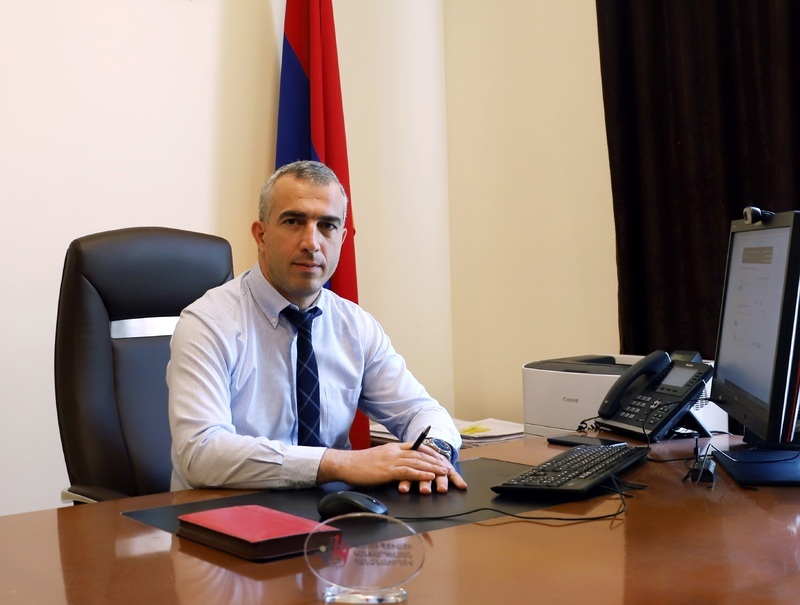Declaring large amounts of cash and transactions with them are risky. Aramais Pashinyan's interview with Mediahub.am

Aramais Pashinyan, a member of the Corruption Prevention Commission, gave an interview to the Mediahub.am news site on the topic of declaring cash amounts.
"Our studies have shown that there was a long history of bad behavior with cash. When people took office, they presented a large amount of money in their first declaration, which they did not really have, with the intention that in the future, after having that amount through certain corruption mechanisms, they will legalize the already declared amounts," said Aramayis Pashinyan.
According to him, this trend still exists, the risks have simply been mitigated, taking into account the fact that starting from 2019, as a result of the legislative changes formed by the Commission, the funds were separated. Previously, cash and non-cash were declared together without being controlled in any way. Since 2019, funds have been classified into three categories: cash, non-cash, electronic accounts and cryptocurrencies.
"If the annual income of a person holding a public position exceeds several hundreds of times, naturally many questions arise during the analysis and study of the declarations, moreover, starting from January 1, 2019, it is also required to fill in the available amount and the source of origin" Aramayis Pashinyan noted.
According to Aramayis Pashinyan, the declaration of large amounts of cash, the transactions carried out with them contain risk, they usually imply shadow incomes, corresponding shadow expenses.
"One of the risks of declaring cash is to declare or keep cash, given the presumption of innocence, the purpose of keeping large amounts of cash may be to use them in an uncontrolled manner, which is problematic in terms of public accountability and transparency.
When a person has cash, cash movements - acquisition of property, alienation or granting of loans - if they are not declared, they are uncontrolled from the point of view of the Commission, in contrast to cashless, where transactions through bank movements are controlled," said the member of the Corruption Prevention Commission.
Currently, according to the Law "On Public Service", any transaction exceeding 1 million drams in cash is considered illegal, and also in 2022, the Law "On Cashless Operations" has already entered into force, according to which, effective from January 1, 2023, according to regulations, any transaction exceeding 300,000 between individuals must be carried out cashless.
"One of the risks related to cash amounts is when an official declares cash amounts for, let's say, five to ten years, and they are also present in the last submitted declarations with some minor changes. In the process, we see that, according to the declared data, during these years, an official or a family member took loans. Here again questions arise. How reasonable it is in the case of declaring large cash funds that a person with so much money will come under a credit burden, which creates an additional obligation for him in the form of interest," he said.